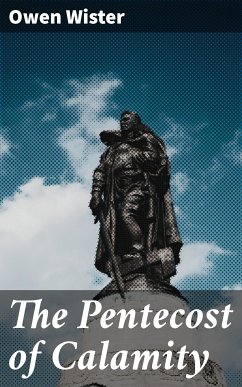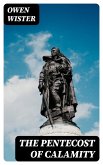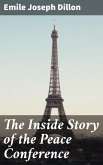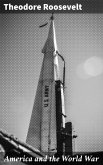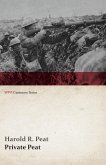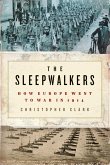In "The Pentecost of Calamity," Owen Wister crafts a poignant narrative that delves into the human spirit's resilience amidst chaos and tragedy. Set against the backdrop of a society grappling with natural disasters, Wister employs a rich, evocative style that echoes the literary traditions of realism and naturalism prevalent in early 20th-century literature. The novel is not just a testament to individual struggle but also a reflection on the larger societal implications of calamities that ravage both landscape and lives, providing a multifaceted exploration of hope and despair in the wake of devastation. Owen Wister, a pivotal figure in American literature and the author of the influential Western novel "The Virginian," draws on his experiences and observations of the American West and its hardships to shape the narrative of this novel. Wister's deep understanding of the complexities of human emotion and social dynamics enhances the thematic depth, making the reader acutely aware of both personal and collective vulnerabilities. His literary journey through the American psyche is enriched by his own encounters with calamity, both physical and societal, which inform the moral and ethical inquiries present in the text. For readers seeking a profound exploration of resilience in the face of adversity, "The Pentecost of Calamity" is an essential addition to the literary canon. Wister's masterful storytelling and keen psychological insights not only invite readers to ponder the implications of disaster management and recovery but also resonate with those who appreciate thoughtful reflections on human nature. This novel is recommended for anyone interested in the intersections of individual plight and communal responsibility during times of crisis.
Dieser Download kann aus rechtlichen Gründen nur mit Rechnungsadresse in A, B, BG, CY, CZ, D, DK, EW, E, FIN, F, GR, H, IRL, I, LT, L, LR, M, NL, PL, P, R, S, SLO, SK ausgeliefert werden.
Hinweis: Dieser Artikel kann nur an eine deutsche Lieferadresse ausgeliefert werden.

